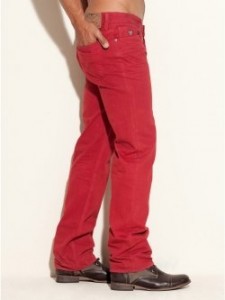The male form of the word, preservatifs, means condoms. They are available in parks and metro stations in Paris, so ubiquitous I forget they’re there except on days like today, when I pause at the turnstile to close my umbrella and find my fare. The way the dispenser is placed, right at the entrace, it appears to be related to my ride, a necessary travel item, like luggage. It makes me think of crowded rush-hour trains, commuters pressed leather jacket to leather jacket.
The female form, preservatives, is a bad word, with the same meaning as in English. My boulangerie promises that their all-natural produits contain none of these.
Then there are the other chemicals, the ones in the public service announcements for women. Yesterday, we saw one before the children’s film, Kirikou et Les Hommes et Les Femmes (Kirikou and Men and Women). It’s a sweet little-kid movie, and my fourth-grader was the oldest child in the theater. The ad showed a hold-up at a bank, with a hostage inching slowly, carefully toward her purse. We think she is going to reach for her phone and call the police, but instead she pops a pill. I thought it was a Valium, at first. But no, the punch line is: Nothing should ever get in the way of remembering to take contraceptives. Looking around the theater, I wondered who the intended audience for this message was. All the adults there, almost by definition, already had kids. Maybe it was aimed at the elementary-school set, to indoctrinate them early. My daughter’s school agenda includes helpful tips like “Going out for the weekend? Don’t forget your preservatif,” alongside others, such as “Why not have an apple for dessert today, instead of a sweet?” The French holistic approach to education. It’s only natural.




